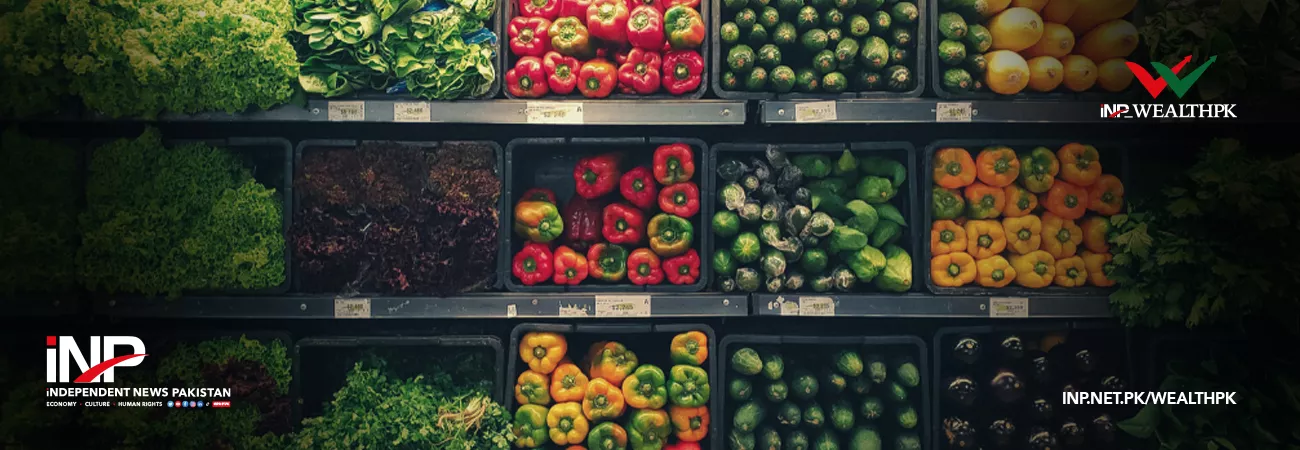INP-WealthPk
Ayesha Saba
Pakistan needs to find ways to utilise its wasteland to increase its food production to cater to the needs of its fast growing population, said an agricultural expert. “Pakistan's wasteland is a major challenge to the country's food security. With a growing population and limited arable land, it is essential to find ways to utilise the wasteland to increase food production,” said Muhammad Azeem Tariq, Project Manager at National Agriculture Research Centre (NARC), while talking to WealthPK.
“One approach is to use modern agricultural technologies and practices that can help make the wasteland more productive. This can include techniques such as precision farming, soil conservation, and crop diversification. These practices can help improve soil health, reduce erosion, and increase crop yields,” he emphasised.
Azeem said focus should be made on alternative food sources, such as livestock and aquaculture. “These activities can be carried out in wasteland areas that are not suitable for crops. For example, livestock can be raised on grasslands and rangelands, while aquaculture can be practiced in ponds and other bodies of water,” he suggested.
Additionally, he said, it is important to involve local communities in efforts to address food security. “Community-based initiatives, such as community gardens and farmers' cooperatives, can help improve food access and nutrition for local people. These initiatives can also provide opportunities for income generation and entrepreneurship,” he added.
Azeem said that addressing the issue of wasteland in Pakistan is pivotal to ensure food security and sustainable economic development. “By adopting modern agricultural practices, promoting alternative food sources, engaging local communities, and addressing the root causes of wasteland, it is possible to overcome this challenge and build a more sustainable future,” he added.
An official spokesperson under the Board of Investment (BoI) told WealthPK that of the total 79.6 million hectares of geographical area, Pakistan has 9.1 million hectares of culturable wasteland that is fit for cultivation but is not utilised due to a lack of irrigation facility and financial resource constraints.
“About half of this culturable waste area is in the province of Balochistan, mainly in Kalat division, followed by Quetta, Nasirabad, and Makran divisions. There are also vast tracts of culturable wasteland in Cholistan which extends to Bahawalpur and Rahimyar Khan districts of the Punjab province,” he stated.
The spokesperson said Pakistan is seeking Chinese support for promoting corporate farming through public-private partnership, or through foreign corporate entities. He explained that corporate farming is meant to cultivate all the wasteland by attracting foreign investment, or through the public-private partnership.
This mode of investment entails employing technologies and paying local labour with attractive wages, training local people in farming techniques, paying local taxes, developing roads and communication networks, and bringing prosperity to the host country.
“In this regard, the BoI is mandated to promote, encourage and facilitate both local and foreign investments to boost the corporate farming. The BoI acts as an interface between local and international investors, and the public and private sectors,” he explained. He said the BoI in collaboration with Balochistan’s agriculture department is exploring multiple locations of culturable wasteland in the province for corporate farming.
Credit: Independent News Pakistan-WealthPk




